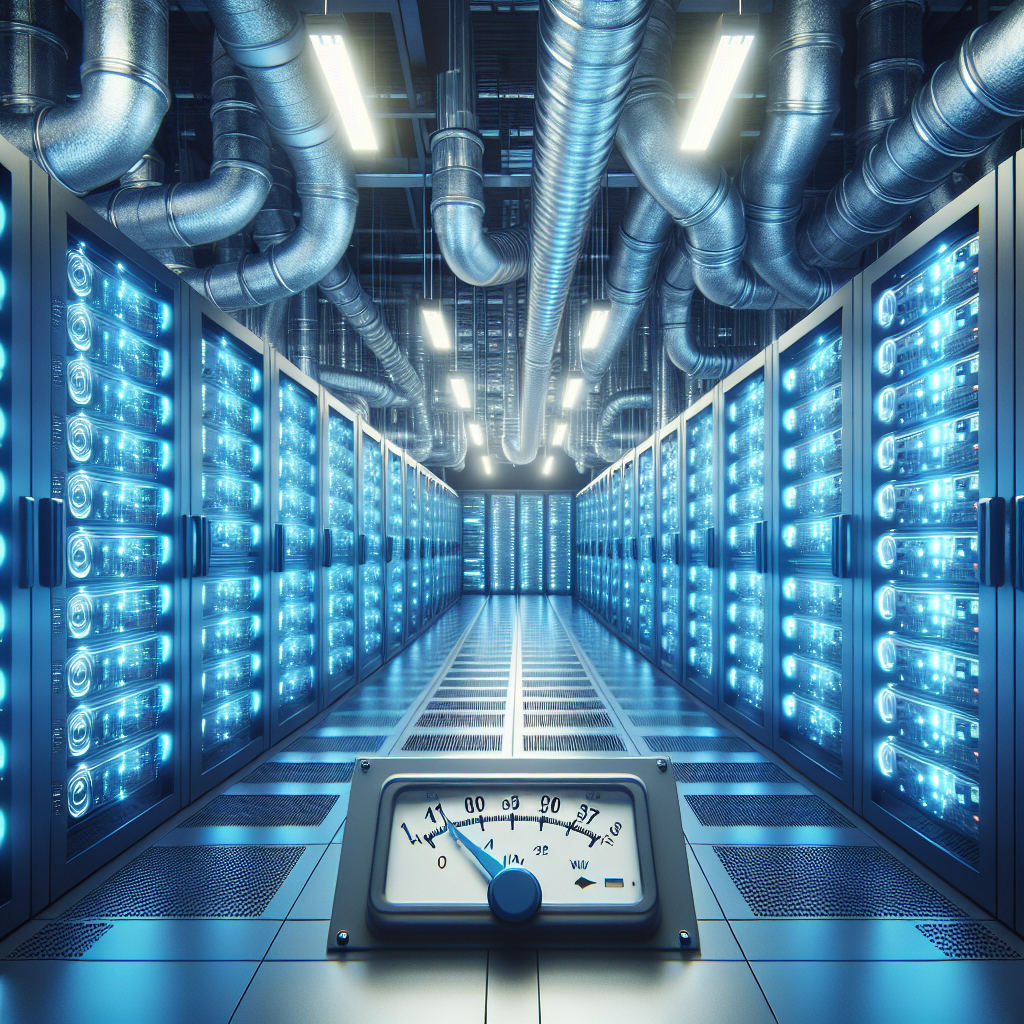Your cart is currently empty!
The Role of HVAC in Data Center Cooling and Energy Management

Data centers are crucial components of our modern digital world, as they house the servers and equipment that store and process massive amounts of data. With the increasing reliance on cloud computing and the Internet of Things, data centers are becoming even more essential. However, with this increased demand comes the need for effective cooling and energy management to ensure that these facilities operate efficiently and reliably.
One of the key components in maintaining the optimal operating conditions within a data center is the HVAC (heating, ventilation, and air conditioning) system. The HVAC system plays a crucial role in regulating the temperature and humidity levels within the facility, which is essential for preventing equipment overheating and ensuring the proper functioning of servers and other hardware.
Data centers generate a significant amount of heat due to the constant operation of servers and other equipment. Without proper cooling systems in place, this heat can quickly build up and lead to equipment failures and downtime. The HVAC system helps to dissipate this heat by circulating cool air throughout the facility, ensuring that the temperature remains within the recommended range.
In addition to cooling, the HVAC system also plays a role in managing energy consumption within the data center. Data centers are known for their high energy usage, and cooling systems can account for a significant portion of this consumption. By optimizing the HVAC system and implementing energy-efficient practices, data center operators can reduce their energy costs and minimize their environmental impact.
There are several strategies that data centers can employ to improve HVAC efficiency and energy management. This includes using precision cooling systems that target specific areas within the facility, implementing hot aisle/cold aisle containment to minimize air mixing and improve airflow, and utilizing economizers to take advantage of outside air when conditions allow.
Regular maintenance and monitoring of the HVAC system are also crucial to ensure its optimal performance. This includes cleaning filters, inspecting ductwork for leaks, and monitoring temperature and humidity levels to identify any potential issues before they escalate.
Overall, the role of HVAC in data center cooling and energy management cannot be overstated. By investing in high-quality cooling systems and implementing energy-efficient practices, data center operators can ensure the reliable operation of their facilities while minimizing their environmental impact. As the demand for data centers continues to grow, it is essential that operators prioritize HVAC systems as a key component in their overall infrastructure strategy.

Leave a Reply